9 Myths About Sugar You Should Stop Believing
Categories: Food and Drinks | Health and Medicine | Healthy lifestyle
By Pictolic https://pictolic.com/article/9-myths-about-sugar-you-should-stop-believing.htmlHave you ever wondered what a bunch of prejudices that are lovingly drummed into our heads since childhood limit us to an already complex life? Don't hold the refrigerator door for too long, otherwise everything will break. And don’t take out the trash in the evening, there won’t be any money (for the same reason, don’t whistle in the house). We can remember many such examples.
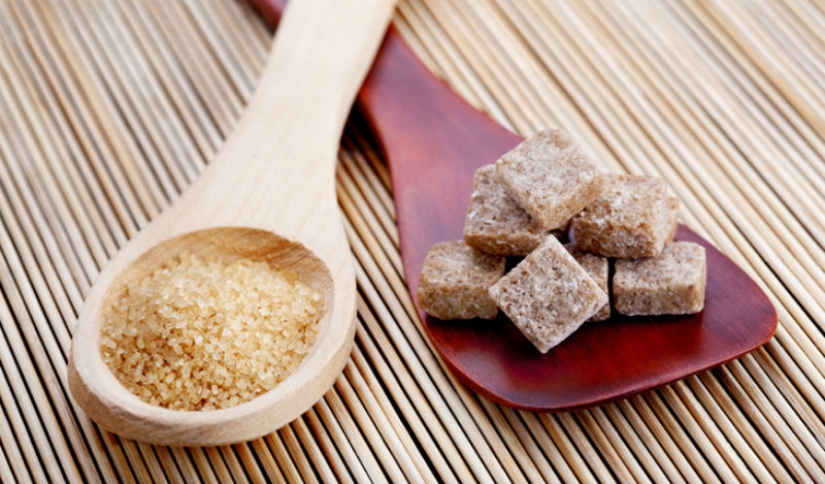
It's the same with sugar. Sugar is harmful, causes addiction and a bunch of diseases, just white death, nothing less. It's time to stop believing in popular speculation.
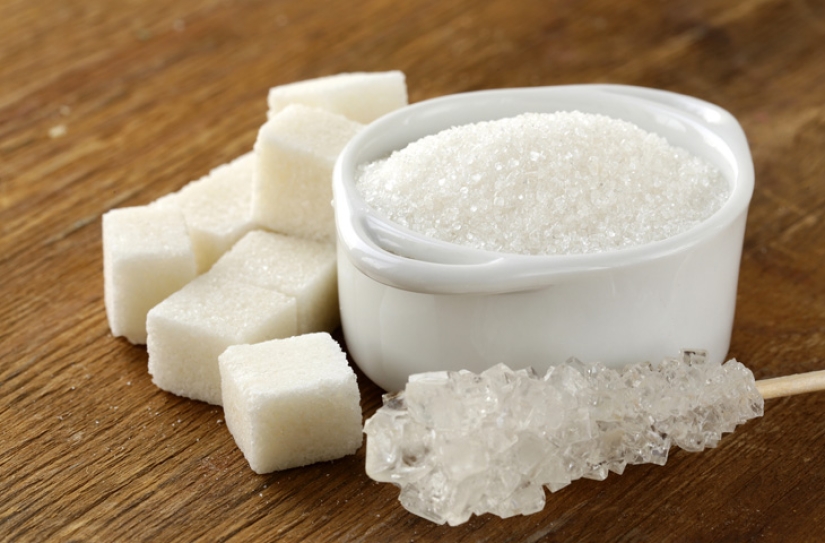
If your child is running around like crazy, stop blaming sugar. Studies attempting to establish a link between hyperactivity and sugar consumption have failed. The reason for the emergence of this myth was an alarming letter received in 1974 by the American Academy of Pediatrics, in which a certain William Crook wrote that for more than three years he had believed that sugar was to blame for childhood hyperactivity. However, no scientific justification was found in the text.
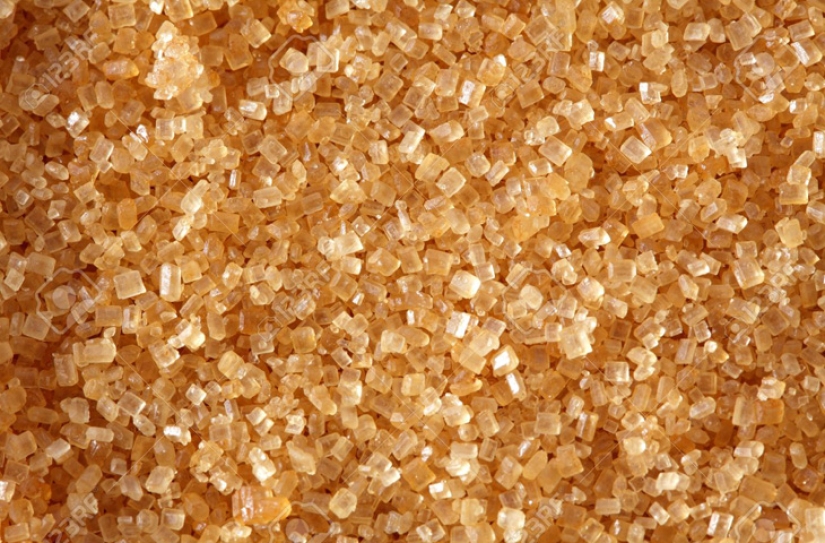
The heirs of Vedic traditions will tell you that natural honey is healthier than the corn-fructose rubbish that is used in the food industry. Let them tell this to the scientists, whose unanimous opinion is that both honey and corn syrup have the same effect. The only problem is that candy contains more sugar per serving than natural foods, which means more calories. But that’s all there is to it, so there’s no need to make a tragedy of it and brand corn syrup as evil.
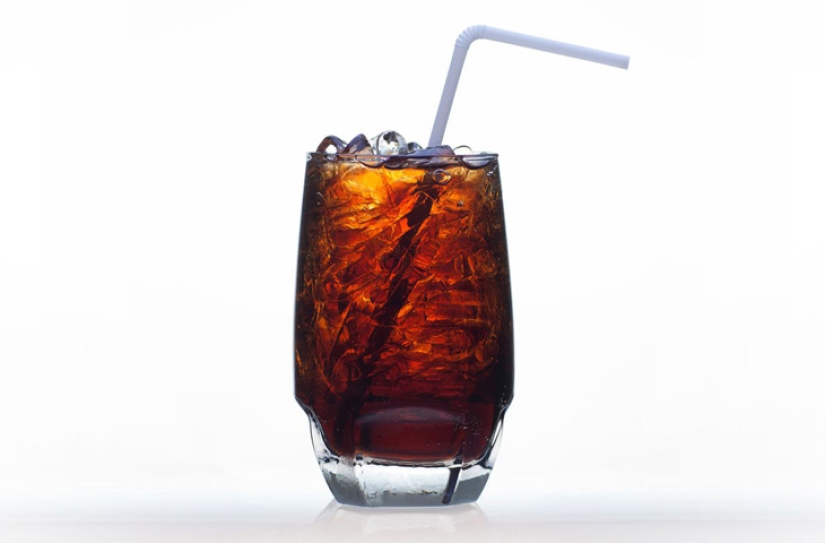
Another strange speculation, backed by percentages: one serving of soda per day increases the risk of your child being obese by 60%. Calls to calm down are again heard from the scientific community camp: yes, there are not very many benefits from fairly high-calorie soda, but it is not the only one that turns citizens of all ages into lumps of fat. A more active lifestyle and a normal diet will have a much better effect on your weight than giving up sugar.
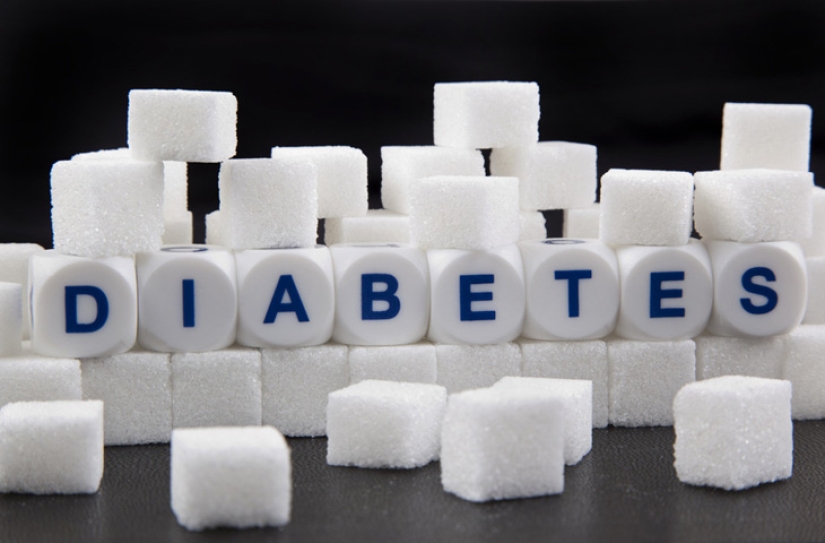
A common myth. Studies have shown a very weak relationship between the consumption of sugar-containing foods and the development of diabetes. Everything that scientists know about the effect of sugar on metabolism, obesity and diabetes is still theoretical. Heredity has a much greater impact on your health than what you eat.
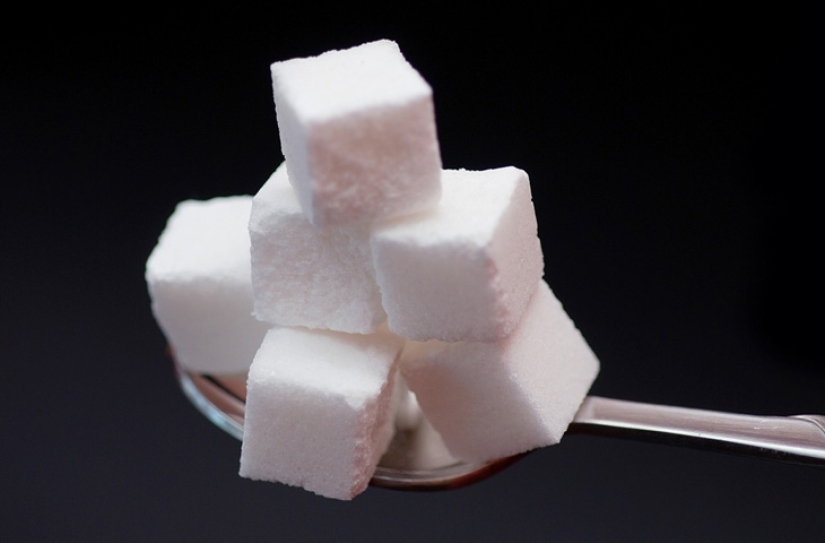
In 2009, it was suggested that sugar stimulates our brain's reward system in the same way that tobacco, alcohol, sex, cocaine and heroin do, making it possible to equate the two. Proof of this is supposedly provided by brain images in which certain areas responsible for pleasure react equally in response to sugar and to the above-mentioned stimuli. The polar point of view says that neuroimaging methods still do not allow us to show what each of the addictions is like, which means that the fear of “sugar addiction” is not yet justified and should be forgotten about.

While some believe that any dose of cocaine is lethal, others believe that only a spoonful of sugar can kill them. And as long as there are such people, it will be difficult to convince them that sugar in small portions is acceptable even with a strict diet.

The assumptions above give some propagandists the opportunity to say that sugar opens the door to addiction to more serious substances. These fears are unfounded. Firstly, it has already been established that there is no “sugar needle”. Secondly, the very idea of switching from soft to hard drugs has no evidence base - it was and remains only an inference.

Color is not a factor of benefit or harm. During the industrial processing of sugar cane, black molasses, or molasses, is formed, which is responsible for the color of the product. Pure molasses contains vitamins and minerals like potassium and magnesium, but brown sugar itself doesn't have enough of them, so don't be under the illusion that cane sugar is better for you than white sugar. And the essence of both of these types of sugar is the same - the technical process allows you to clean brown sugar from molasses and get white sugar.

In the 19th century, sugar was not yet considered a cause of diabetes and hyperactivity, but it was attributed to the properties of a stimulant of sexual desire in women, children and, even more suspiciously, the poor. Now we can say with confidence that there is no reason to put sugar on the same level as cinnamon, spices, cloves and other products that supposedly sharpen desire, as was done 150 years ago. And with the so-called natural aphrodisiacs themselves, not everything is completely clear.
Recent articles

It's high time to admit that this whole hipster idea has gone too far. The concept has become so popular that even restaurants have ...

There is a perception that people only use 10% of their brain potential. But the heroes of our review, apparently, found a way to ...

New Year's is a time to surprise and delight loved ones not only with gifts but also with a unique presentation of the holiday ...